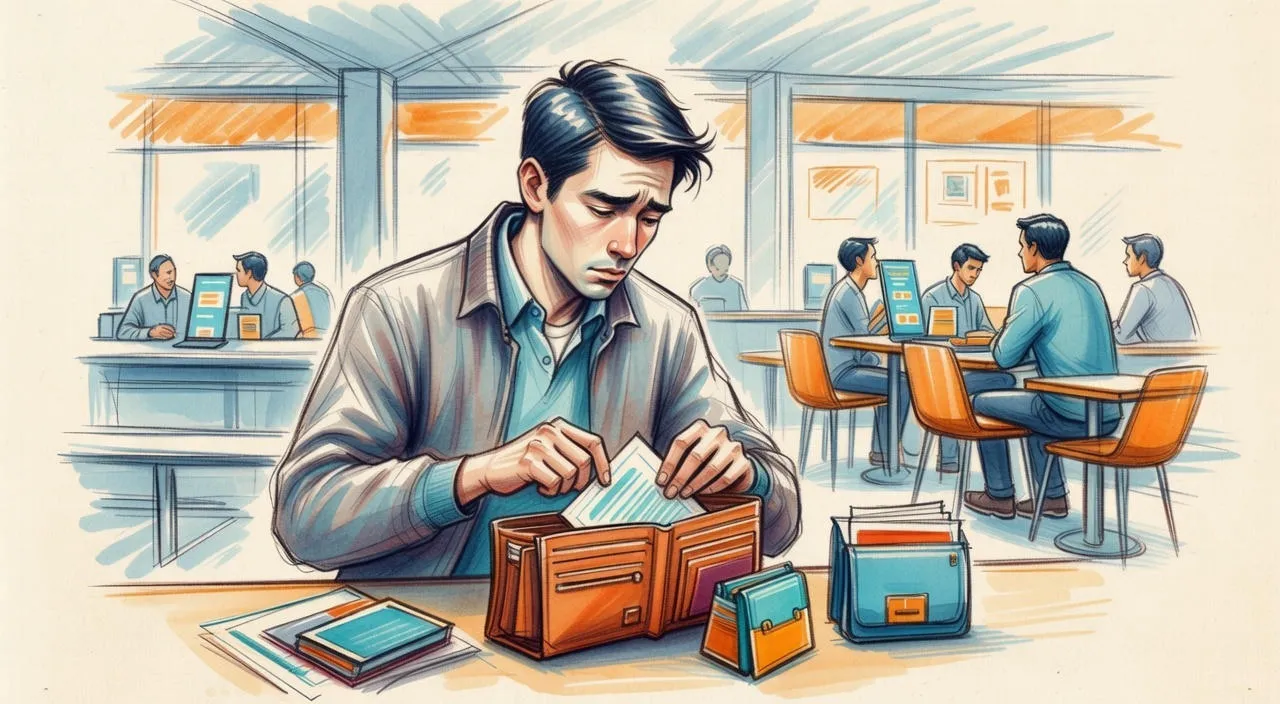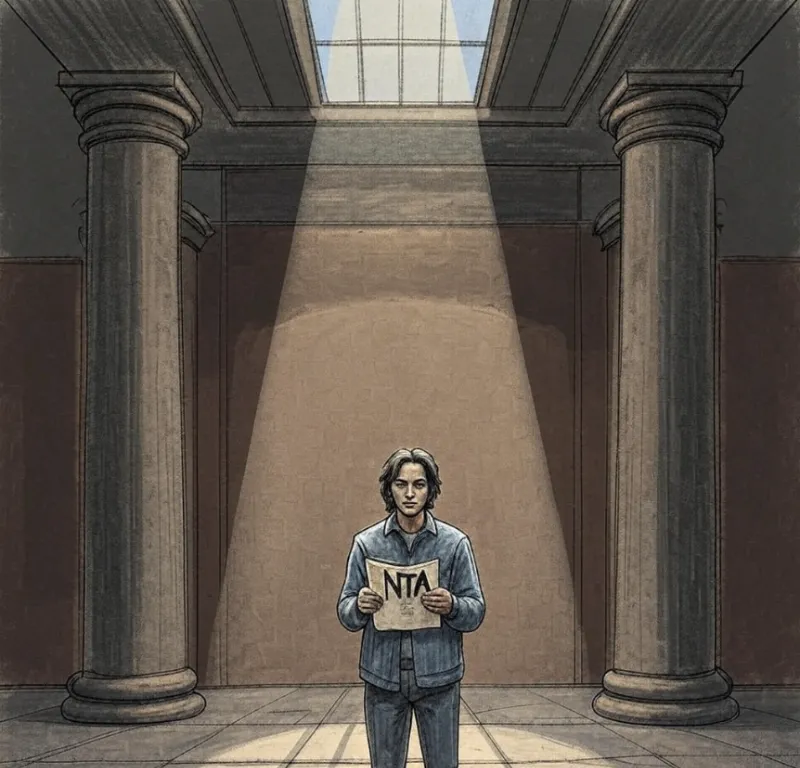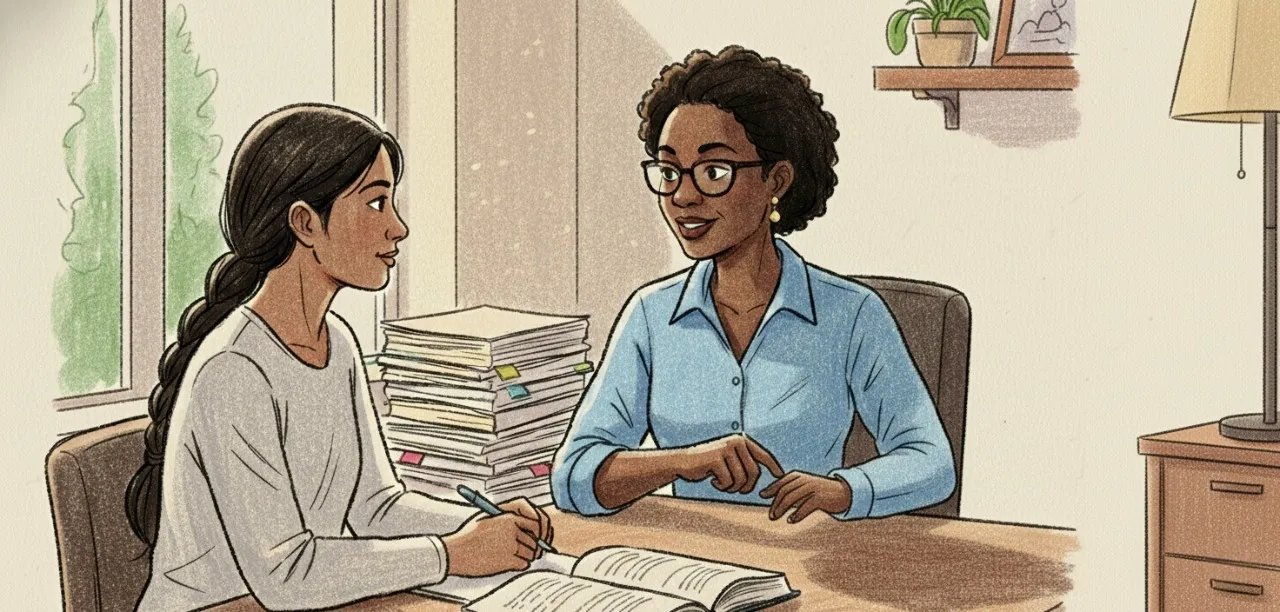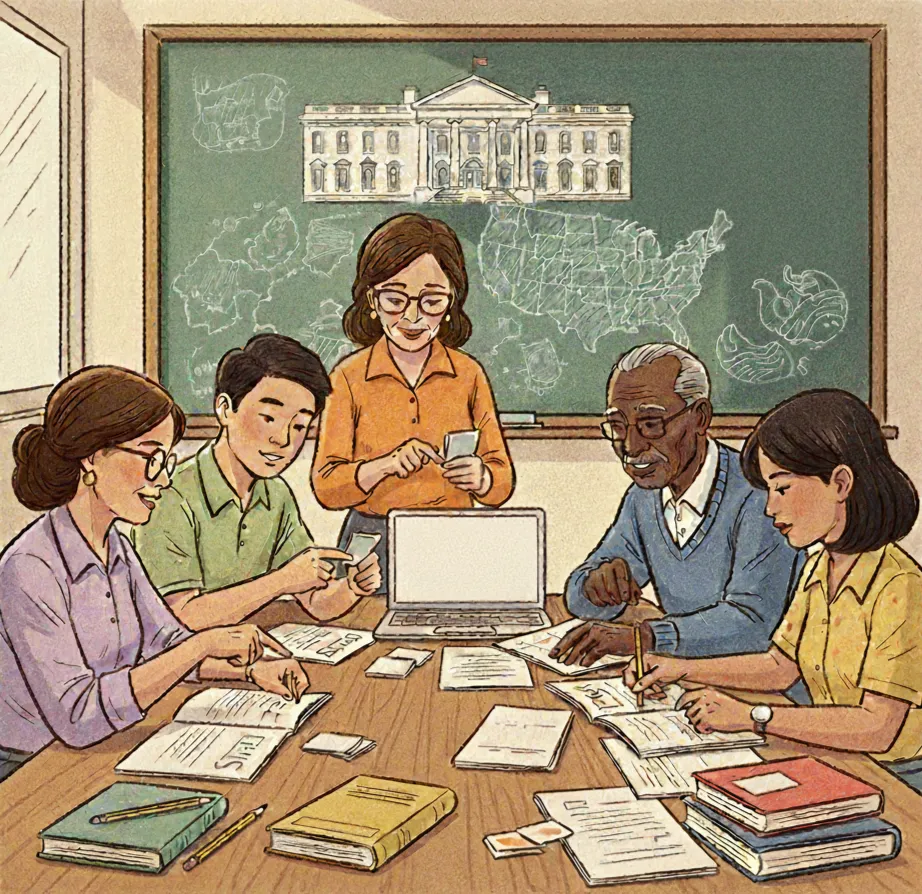Cultural sensitivity is a crucial piece of the puzzle when it comes to handling cases under the Violence Against Women Act (VAWA). Here’s the thing, abuse can look different depending on where you come from. What one culture might consider “tough love” could be classified as abuse in U.S. law. Let’s break down why cultural sensitivity matters and how it can make a huge difference in VAWA cases.
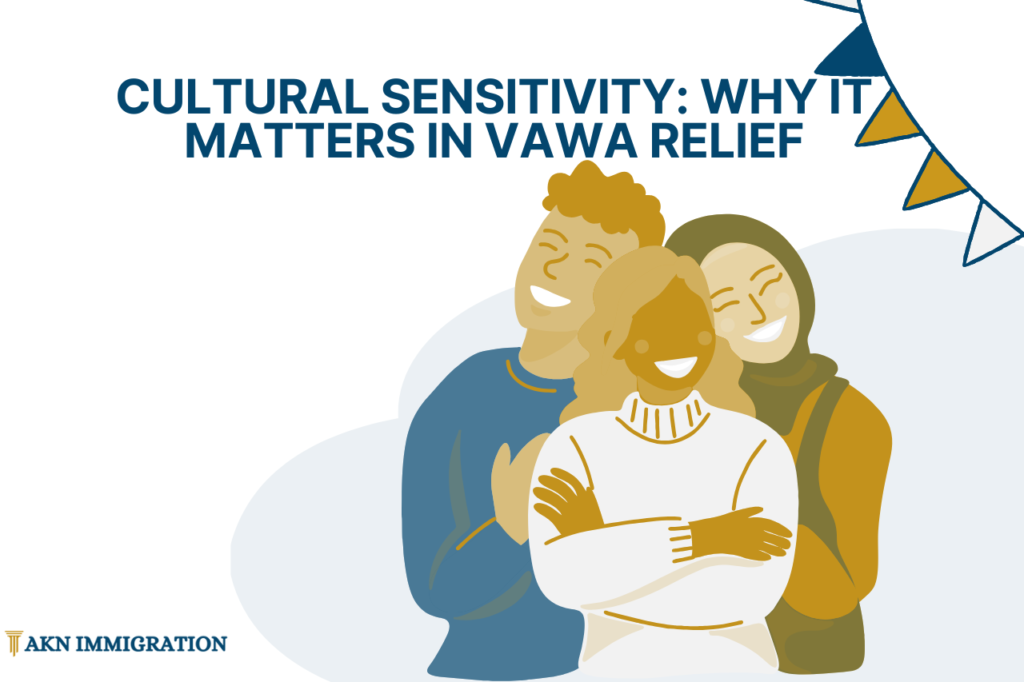
Cultural sensitivity: What is VAWA, and Who Does it Protect?
First off, what’s VAWA? It’s a U.S. law designed to protect victims of domestic violence, sexual assault, stalking, and other forms of abuse. For non-citizens, VAWA provides a lifeline. It allows them whether they’re spouses, children, or parents of abusive U.S. citizens or lawful permanent residents to self-petition for legal status without relying on their abuser. And here’s the kicker, VAWA doesn’t just protect women. It protects individuals of all gender.
Cultural sensitivity: How Does Culture Influence Perceptions of Abuse?
Now, this is where things get tricky. Cultural norms shape how abuse is perceived. In some cultures, behaviors like strict financial control, harsh verbal reprimands, or keeping someone isolated from their family might seem totally normal.
Let’s look at a few examples:
- Financial Control: In some cultures, one spouse managing all financial decisions is just how it works.
- Discipline of Children: What one culture sees as “discipline,” U.S. law might define as abuse.
- Gender Roles: If someone’s expected to stay in a certain role based on their gender, it might lead to abusive behavior that’s not immediately recognized as such.
Why is Cultural Sensitivity Important in VAWA Cases?
Cultural sensitivity isn’t just about being nice (though that helps).It’s essential to ensure that survivors from diverse backgrounds are understood and respected throughout the legal process. It helps attorneys and advocates present a survivor’s case more effectively by providing context for behaviors that may not make sense to a judge or adjudicator right away.
Here’s why it matters:
- A survivor might not realize certain behaviors are abusive because they’re normalized in their culture.
- Fear of community shame might make it tough for someone to seek help.
- Language barriers or confusion about U.S. legal standards can make it hard for survivors to explain their experience.
How Can Cultural Sensitivity Help Build a Strong VAWA Case?
Building a strong VAWA case isn’t just about gathering evidence. It’s also about understanding where the survivor is coming from, culturally. A culturally sensitive approach can make a world of difference in connecting the dots between a survivor’s experiences and U.S. legal definitions of abuse.
Here’s how it helps:
- Understanding the Survivor’s Background: Attorneys should get familiar with the survivor’s cultural norms and how they relate to the abuse.
- Gathering Relevant Evidence: Evidence like testimonies from cultural experts or community leaders can help provide important context.
- Addressing Misconceptions: Attorneys can explain how behaviors that seem normal in one culture might still be considered abusive under U.S. law.
What Challenges Do Survivors From Different Cultures Face in VAWA Cases?
Survivors from different backgrounds face some unique hurdles. Here are just a few:
- Language Barriers: If English isn’t their first language, it can be tough to explain what happened in a way that makes sense to legal professionals.
- Fear of Deportation: Abusers sometimes use immigration status to control their victims, threatening deportation to keep them silent.
- Mistrust of Authorities: In certain cultures, there’s fear of law enforcement or government institutions, making survivors hesitant to seek help.
- Community Stigma: Speaking out against an abuser might lead to judgment or even exclusion from their own community.
How Can Advocates and Attorneys Ensure Cultural Sensitivity in VAWA Cases?
So, what can legal professionals do to ensure they’re being culturally sensitive? Here are a few ways to stay on track:
- Active Listening: Listen to the survivor’s story without jumping to conclusions or making assumptions.
- Cultural Training: Understand the survivor’s cultural background so you can avoid biases and get the full picture.
- Access to Interpreters: Don’t just rely on Google Translate—use professional interpreters to help bridge language barrier gaps.
- Holistic Support: Work with community organizations that understand the survivor’s unique cultural and emotional needs.
What Role Does Cultural Evidence Play in VAWA Applications?
Cultural evidence can be the secret weapon in a VAWA case. It helps to explain behaviors or experiences that might otherwise seem a bit murky. Here are a few examples:
- Statements from cultural experts: These can provide insight into cultural norms and practices.
- Testimonies from community leaders: They can shed light on how certain behaviors are interpreted in the survivor’s culture.
- Cultural research: Showing how behaviors are viewed in the survivor’s tradition can change perspectives in a much-needed way.
VAWA relief can be a lifeline for survivors of abuse, offering a chance to rebuild their lives. Cultural sensitivity ensures that all survivors, no matter where they’re from, have access to justice. If you or someone you know is pursuing a VAWA case, finding legal representation that respects cultural differences can make all the difference in the world. Need help with your VAWA case? Give us a call today.

